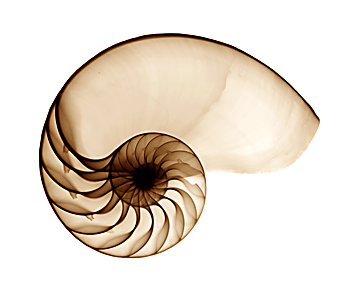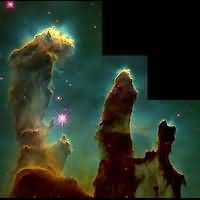Remote Ready Biology Learning Activities has 50 remote-ready activities, which work for either your classroom or remote teaching.
Serendip is an independent site partnering with faculty at multiple colleges and universities around the world. Happy exploring!

| 
| Exploring Emergence |
 |
 |
|
"The World of Langton's Ant" was conceived with several different objectives in mind. At the most basic level, it was intended to provide a model of science education following the goals defined in "Revisiting Science in Culture: Science as Story Telling and Story Revising" (see Further Considerations: Education).
At a slightly more ambitious level, the aim was to provide a useful introduction to core ideas in the developing interdisciplinary field of "emergence" or "complex systems". (see to left) Most ambitiously, the intent was test an intuition about the complementarity of teaching and research: the idea that carefully working through an elementary phenomenon in the way needed for effective teaching would also help to generate ideas and frameworks that could advance professional understanding in particular fields of inquiry. (see to left below) |
Continuing discussion of "Moving On?"
| "The World of Langton's Ant" was produced by Paul Grobstein with the Summer 2005 Serendip/SciSoc group. Applets were created with NetLogo by Rebekah Baglini, building on earlier work. Our thanks to the Emergent Systems Working Group for fertile conversations from which this emerged and to which we hope it further contributes. |
Watching Looking Inside Agents/Environments | Observers | Architects | Beyond Determinism? Summary and ... Further reflections on Emergence and Science Education |